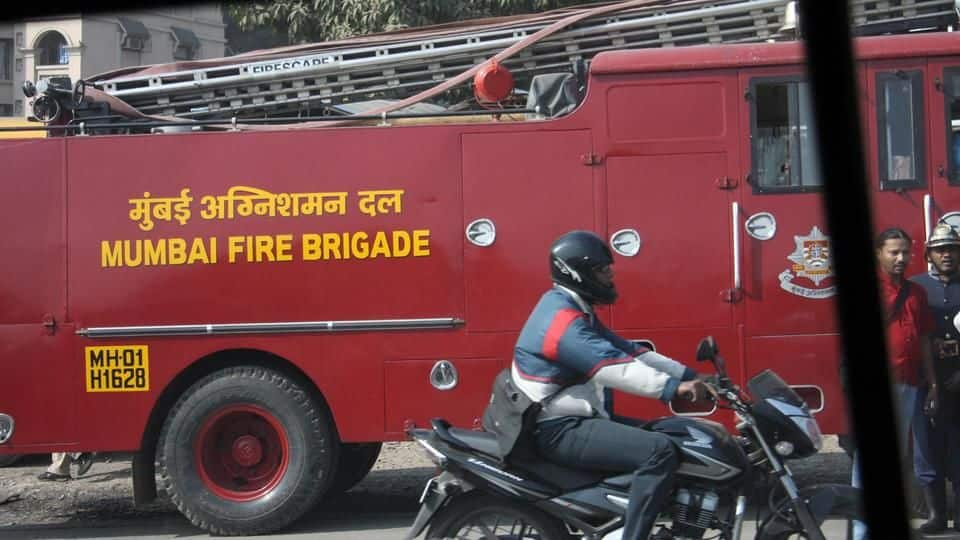
Sixth fire in Mumbai in 10 days: Who's to blame?
What's the story
A fire erupted on the third floor of a sessions court near the South Mumbai Campus of the University of Mumbai. No casualties were reported in the level-2 fire. This is the sixth incident since the Kamala Mills tragedy on December 28. But is it any surprise considering Maharashtra hasn't even had a full-time Director of Fire Services since over three years?
08 Jan 2018
A series of fires in Mumbai 10 days
On December 28, 14 people were killed when a blaze broke out at a rooftop restaurant in Kamala Mills. Since then, more people were killed in fires in Marol, Nagpada, Cinevista film studio and Lower Parel. In the latest incident, a fire broke out in a sessions court near Rajabai Towers at South Campus. Five fire tenders were rushed to the spot.
Factors
The common denominators in most cases
In many of last year's fires in Mumbai, blatant disregard for safety norms and indifference of the authorities were common factors. There was no fire exit at 1Above restaurant, a shop at Saki Naka was illegally constructed, the fire-fighting system at La Mer was defunct, and combustible material was found at the Berhampada slums: all sites of major fires.
Do you know?
The fire brigade has its own problems to deal with
The fire brigade is grossly understaffed too: DNA reports that at its present strength, each officer should ideally inspect 1,100 buildings every six months without taking a single day's break - or six buildings daily without a single off.
Problems
Absence of a director means inefficient work in several ways
In the absence of a Director of Fire Services (the last retired in 2014), Chief Fire Officer PS Rahangdale is holding this additional charge. His jurisdiction includes 350 urban local bodies, 26 municipal corporations, 283 industrial estates and 110 industrial areas. Moreover, there's a clear conflict of interest: the director can hear cases against the chief officer, but now both are the same person.
Information
Every death due to man-made fires has to be avoided
A senior fire official describes the situation: "With having to answer over 17,000 fire-related calls in a year, administrative work is relegated to the backburner." But stringent implementation of norms will be essential to check such incidents.